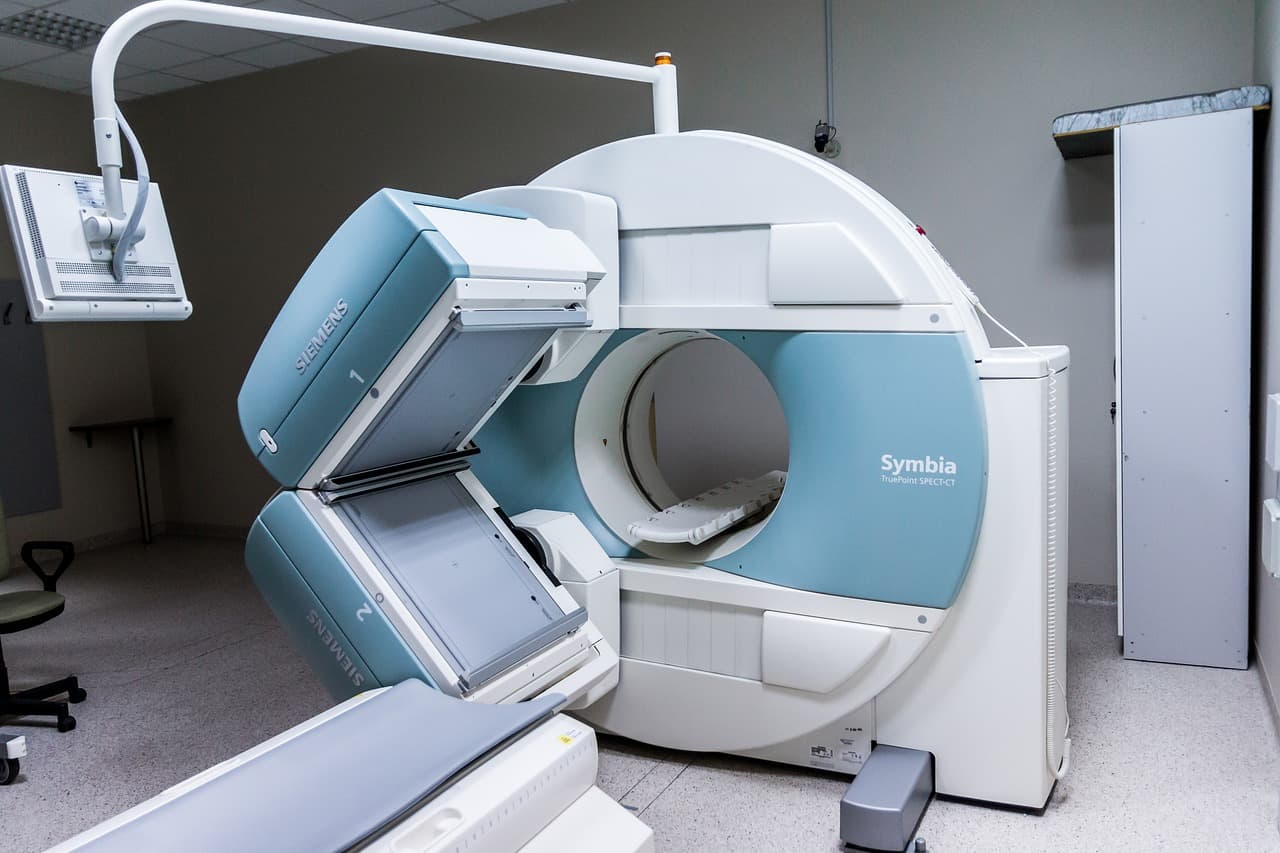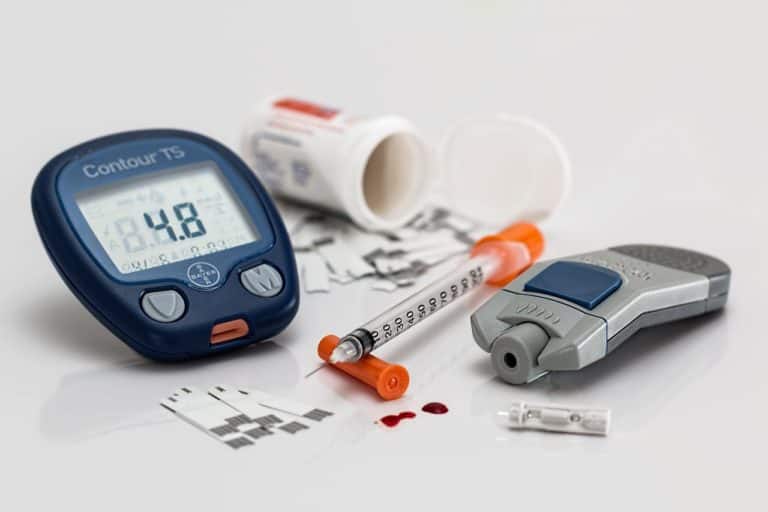For men who are contemplating treatment for prostate cancer, one of their main worries is the impact of such therapy on sexual function, specifically erectile dysfunction. This concern is the focus of a new multicenter clinical trial that will be led by physicians at UT Southwestern, which will test a new radiation treatment that will hopefully save sexual function in prostate cancer.
The relationship between radiation therapy for prostate cancer and the incidence of erectile dysfunction depends on a number of factors, including a man’s age, the type of radiation received, the status of erectile function before therapy, the dose of radiation used, and overall health. That said, the incidence of erectile dysfunction following radiation treatment for prostate cancer is quite high.
Fortunately, up to 60 percent of men regain the ability to have an erection with medication after they have undergone radiation for prostate cancer.
Generally, men who undergo brachytherapy or conformal external beam radiation are more likely to regain erectile function than men who have traditional external beam radiation therapy.
New radiation therapy for prostate cancer
A total of 120 patients will be enrolled in the study, which is named the POTEN-C trial. It will involve men at up to nine major medical center locations. The new radiation approach involves reducing the radiation dose administered on the side of the prostate that shows no cancer, which will spare the nerves and blood vessels on that side. This involves two steps: use of a highly precise radiation technique called stereotactic ablative radiotherapy (SAbR), and application of a spacer gel, which is placed between the prostate and rectum to help reduce the amount of radiation that reaches the nerve bundles.
Half of the participants will be treated with SAbR alone while the rest will receive the new technique with reduced dosage on one side. All of the men will be followed for two years.
According to Dr. Neil Desai, assistant professor of radiation oncology and principal investigator of the POTEN-C trial, use of magnetic resonance imaging (MRI) to locate prostate cancer, the SAbR technique, and the spacer gel allow clinicians “to plan a new approach to reducing sexual dysfunction. We are excited to be able to combine the results from the last 10 years of research to improve the outlook for our patients who require prostate cancer treatment.”
Men who would like to learn more about the POTEN-C trial can call 214-648-1836 or 214-645-8525.
Read more in our Prostate Cancer Health Center.
Reference
Frisinger C. New radiation therapy technique aims to preserve sexual function. UT Southwestern Medical Center 2018 Jun 12







